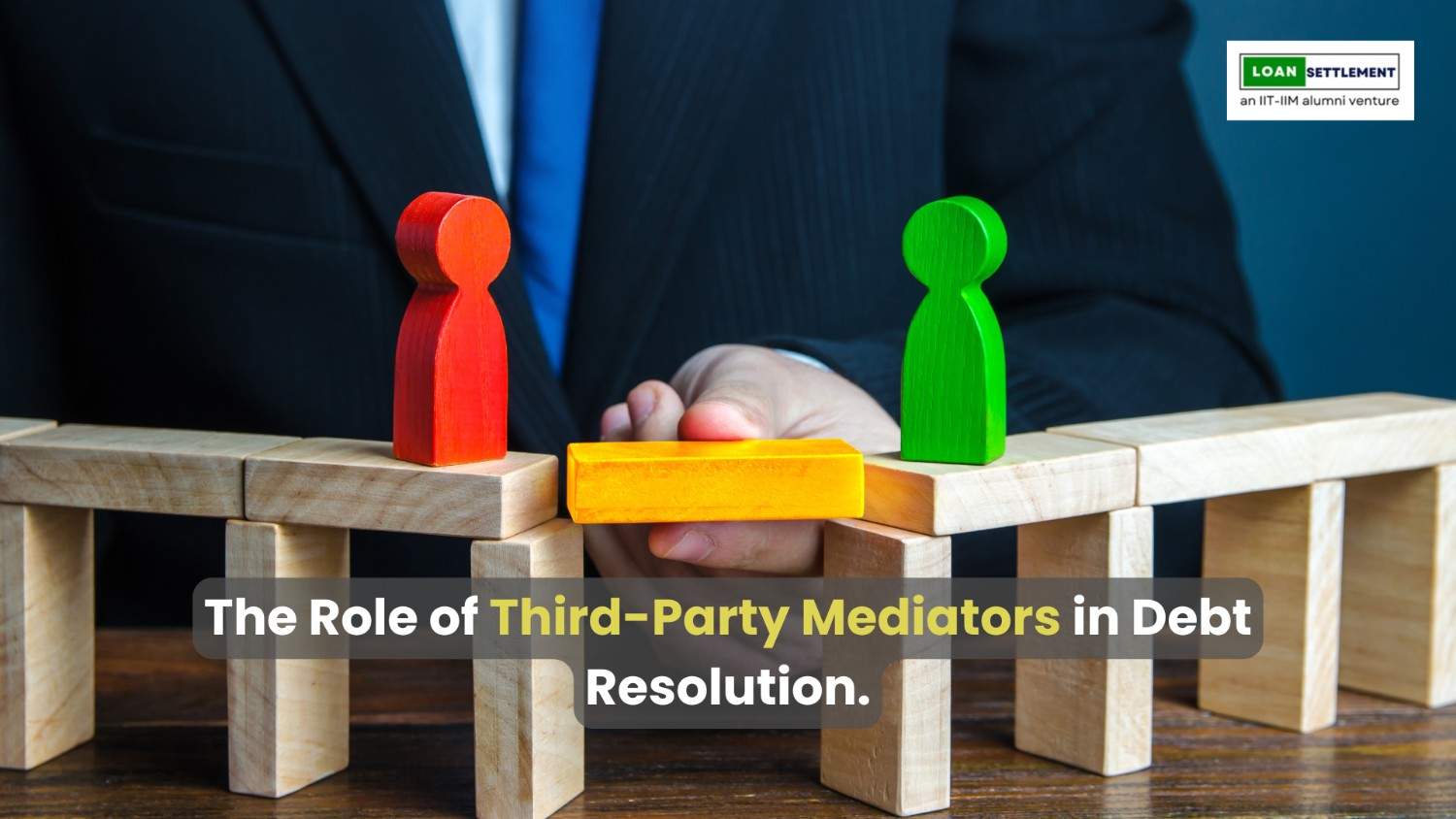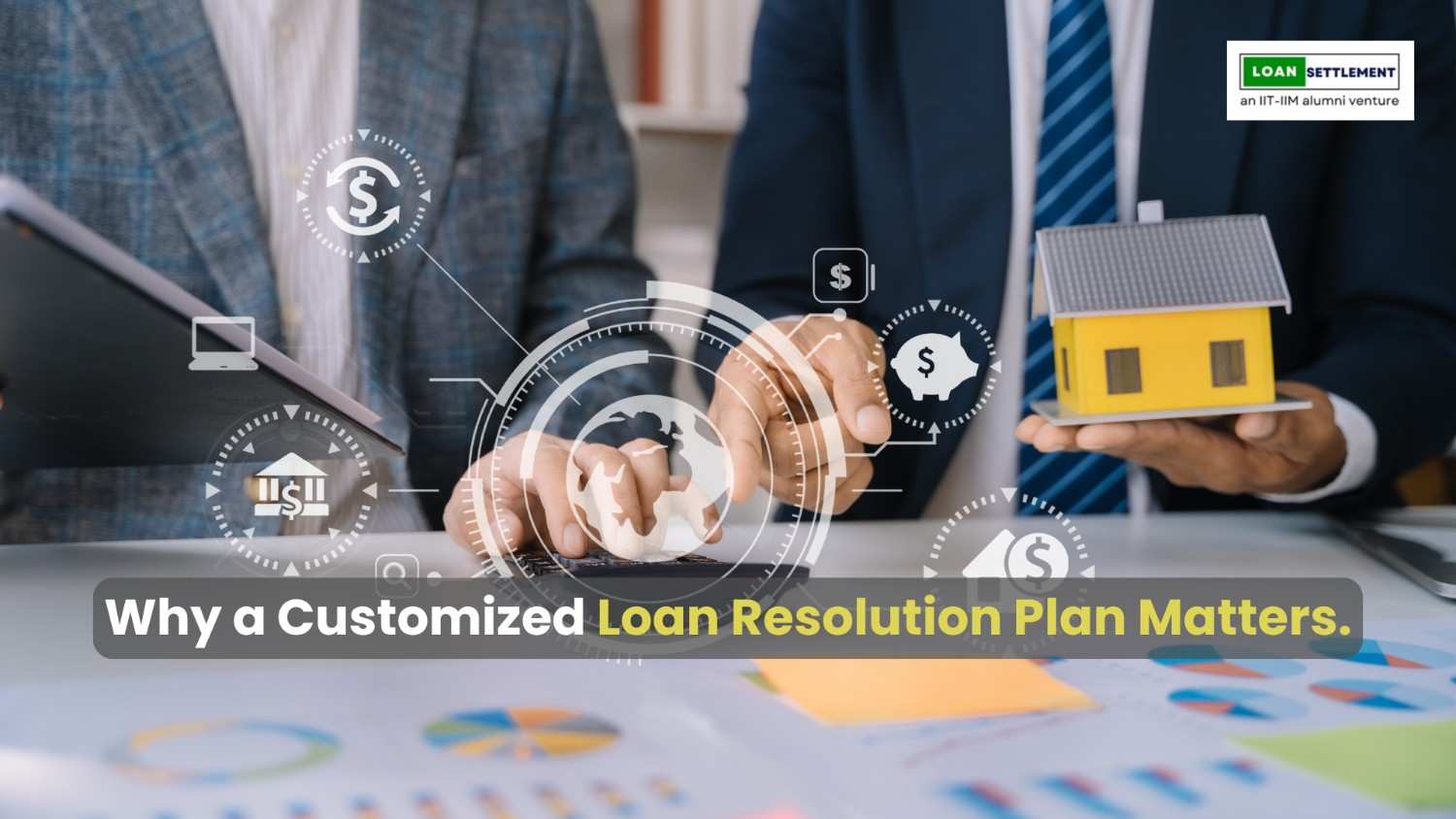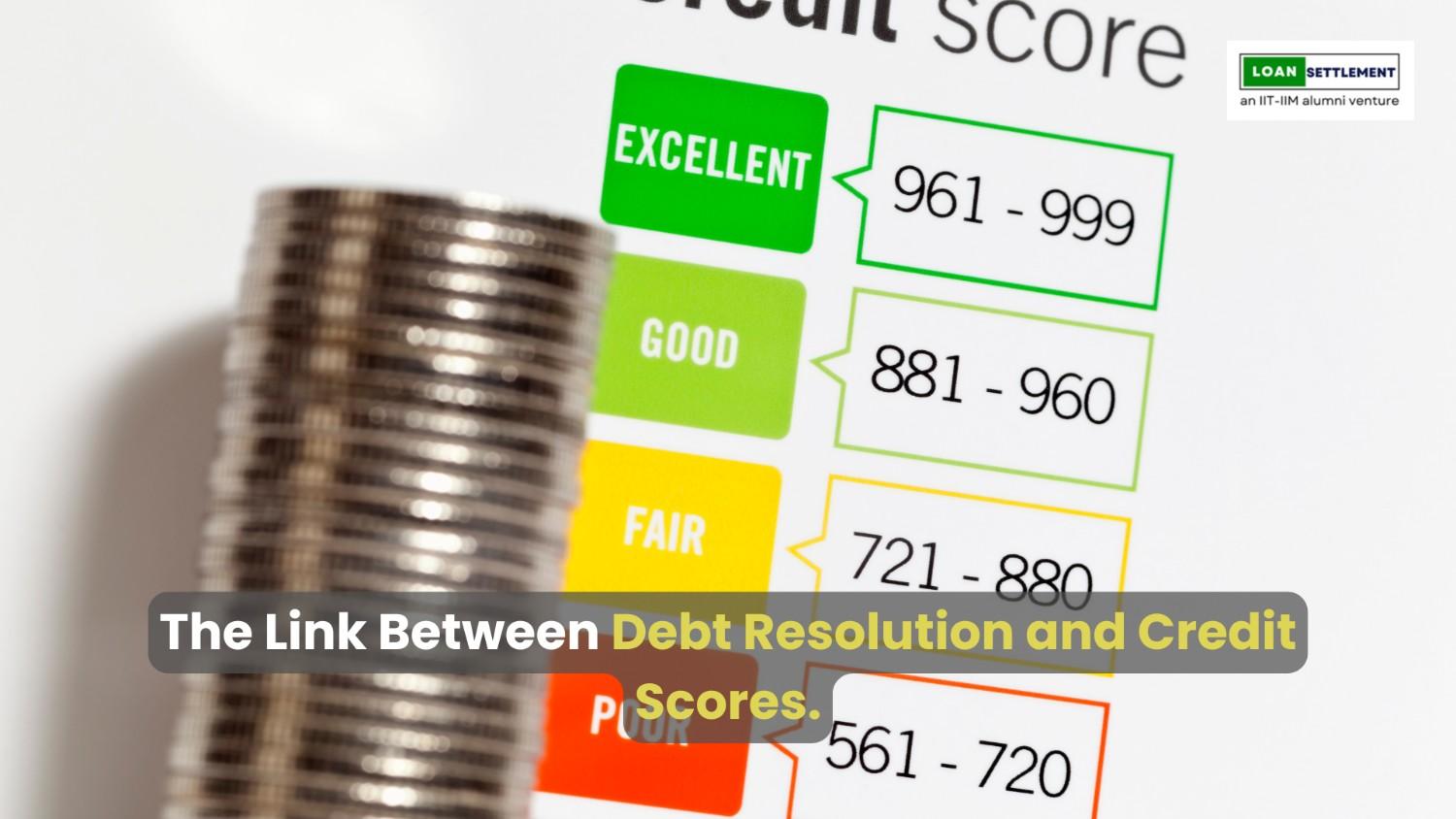· Finance · 3 min read
The Role of Third-Party Mediators in Debt Resolution | Benefits & Process
Discover how third-party mediators help in debt resolution. Learn about their role, benefits, process, and how they can assist individuals and businesses in managing debt effectively.

The Role of Third-Party Mediators in Debt Resolution
Debt is a common challenge for individuals and businesses alike. Managing and resolving debt efficiently can mean the difference between financial recovery and long-term hardship. This is where third-party mediators come into play, offering professional assistance to help debtors and creditors reach mutually beneficial agreements. But what exactly is their role, and how do they help in debt resolution? Let’s dive in.
Understanding Third-Party Mediation
What Is a Third-Party Mediator?
A third-party mediator is a neutral professional who facilitates negotiations between debtors and creditors. Unlike debt settlement companies that focus on reducing the total debt, mediators work towards creating a fair repayment plan that satisfies both parties.
How Mediation Differs from Direct Negotiation
Direct negotiation between a debtor and creditor can often become tense or unproductive. A mediator helps by offering unbiased guidance, managing expectations, and fostering cooperation.
Types of Debt That Require Mediation
Personal Debt: Credit card debt, medical bills, personal loans
Business Debt: Vendor payments, business loans
Government Debt: Tax debts, municipal fines
The Benefits of Using a Mediator
Neutrality in Negotiations: Mediators ensure fair discussions.
Reduced Stress: A mediator handles the difficult conversations.
Faster Resolutions: Mediators streamline the process.
The Mediation Process in Debt Resolution
Initial Consultation: Understanding the financial situation.
Assessment: Reviewing debts, income, and expenses.
Proposal Development: Creating repayment plans.
Negotiation: Finding a mutually agreeable solution.
Legal Aspects of Debt Mediation
Mediators must follow consumer protection laws.
Debtors have rights against unfair collection practices.
How to Choose the Right Mediator
Experience: Look for mediators with a strong track record.
Reputation: Check reviews and testimonials.
Fees: Ensure transparency in pricing.
Common Challenges in Debt Mediation
Uncooperative Creditors: Some refuse to negotiate.
Unrealistic Expectations: Debtors may expect full debt forgiveness.
Financial Limitations: Some debtors may still struggle with payments.
Third-Party Mediation vs. Debt Settlement Companies
Feature | Third-Party Mediation | Debt Settlement Company |
Role | Facilitates fair agreement | Focuses on reducing debt |
Impact on Credit Score | Lower risk | Often negatively impacts credit |
Fees | Typically lower | Can be high |
Impact of Debt Mediation on Credit Scores
Mediation generally has a minimal negative impact.
Debt settlements may significantly lower credit scores.
Steps to rebuild credit include making timely payments and monitoring credit reports.
Case Studies of Successful Debt Mediation
Case 1: A family struggling with medical debt achieved a manageable payment plan.
Case 2: A small business avoided bankruptcy through structured negotiations.
The Role of Government and Consumer Protection Agencies
Government agencies regulate mediation practices.
Consumer protection laws prevent predatory practices.
The Future of Debt Mediation
AI and automation are making mediation faster.
Online mediation platforms provide convenience.
Alternatives to Third-Party Mediation
Bankruptcy: Last-resort option.
Direct Negotiation: Works if both parties cooperate.
Debt Consolidation: Merging multiple debts into one.
Conclusion
Debt mediation plays a crucial role in helping individuals and businesses resolve their financial struggles. With professional guidance, fair negotiations, and structured repayment plans, third-party mediators make debt resolution smoother and less stressful. If you’re struggling with debt, consider seeking the help of a mediator for a more structured path to financial freedom.
FAQs
1. What is the difference between debt mediation and debt settlement?
Debt mediation focuses on negotiation, while debt settlement aims to reduce the total debt owed.
2. Can debt mediation stop collection calls?
Yes, once a mediator is involved, creditors may be required to direct communication through them.
3. Does using a mediator guarantee debt resolution?
No, but it significantly improves the chances of reaching an agreement.
4. How long does debt mediation take?
It varies but typically takes a few weeks to a few months.
5. Can I mediate debt on my own?
Yes, but professional mediators offer expertise that can improve outcomes.



